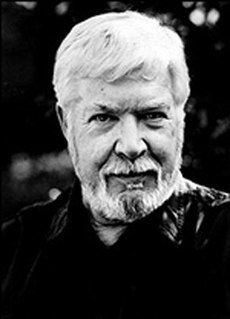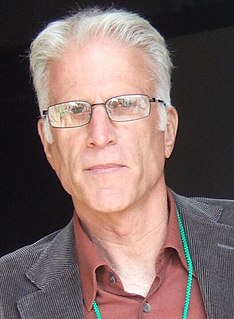A Quote by Annalee Newitz
We have converted huge swaths of land and ocean into human habitats where we live and grow food and harvest energy. But there's been a sea change in the past century.
Related Quotes
With its untold depths, couldn't the sea keep alive such huge specimens of life from another age, this sea that never changes while the land masses undergo almost continuous alteration? Couldn't the heart of the ocean hide the last–remaining varieties of these titanic species, for whom years are centuries and centuries millennia?
The industrial way we fish for seafood is harming the marine habitats that all ocean life depends upon. Indiscriminate commercial fishing practices that include miles of driftnets, long lines with thousands of lethal hooks and bottom trawls are ruining ocean ecosystems by killing non-seafood species, including sea turtles and marine mammals.
I have watched the river and the sea for a lifetime. I have seen rivers rob soil from the roots of trees until the giants came foundering down. I have watched shores slip and perish, the channels silt and change; what was beach become a swamp and a headland tumble into the sea. An island has eroded in silent pain since my boyhood, and reefs have become islands. Yet the old people used to say, People pass away, but not the land. It remains forever. Maybe that is so. The land changes. The land continues. The sea changes. The sea remains.
If I own a large part of Scotland, I can turn the people off the land practically into the sea or across the sea. I can take women in child-bearing and throw them into the snow and leave them there. That has been done. I can do it for no better reason than I think it is better to shoot deer on the land than allow people to live on it.
Food production has affected the environment more than any other activity humans have engaged in. Humanity devotes more land to food production than anything else - roughly a third of the surface area of the earth, much of which was once forest but has been converted by humans into farms or grazing lands.
Oceans need more attention because climate change IS an ocean issue. Our oceans will be the first victim, and sea life will suffer dramatically. Detailed proof is hard in ocean science, but I think we're already seeing big ocean changes caused by climate change, such as starvation of whales, seabirds, and other animals off the coast US west coast.
I really don't know why it is that all of us are so committed to the sea, except I think it is because in addition to the fact that the sea changes and the light changes, and ships change, it is because we all came from the sea. And it is an interesting biological fact that all of us have, in our veins the exact same percentage of salt in our blood that exists in the ocean, and, therefore, we have salt in our blood, in our sweat, in our tears. We are tied to the ocean. And when we go back to the sea, whether it is to sail or to watch it we are going back from whence we came.































